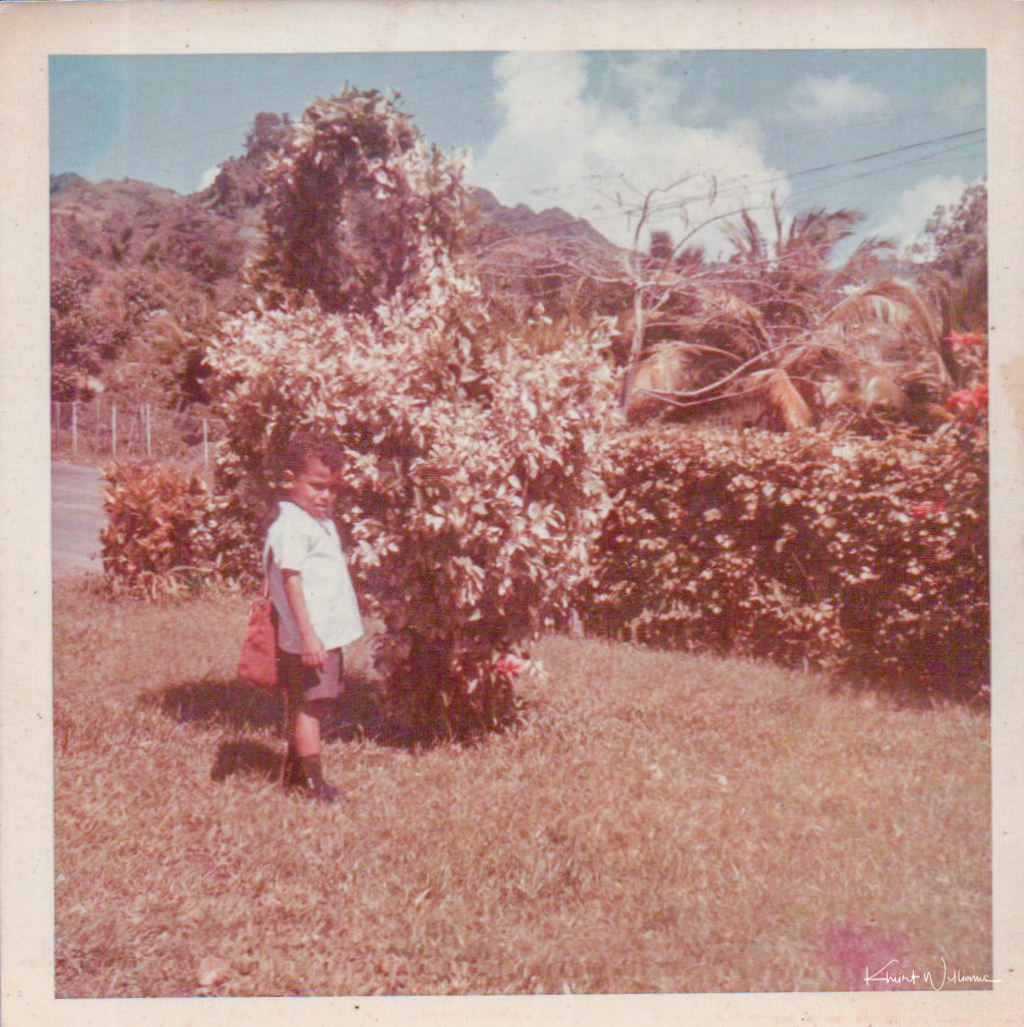Tell us a story about a time when you were scared to act.John Saddington
Last week I interviewed for a position at a Japanese securities firm in Manhattan. My buddy had just started on as the Director of IT Security and wanted to build out his team. He contacted me on a Wednesday and offered me the opportunity to interview on Friday.
Alarm bells were going off in my head. You don't want to commute to Manhattan. Standing on the train platform is painful in the chill of winter and unpleasant and exhausting in the humidity of summer. I would have to wear a suit and tie. "Are you sure?", My inner voice screamed. I accepted the offer to interview.
"You'll take the job if they offer it, right?", my buddy asked just before we hung up.
"Sure," I said. Words I'd later regret.
I arrived and was interviewed by the Director of IT for about thirty minutes. Then I met with my friend and one of his direct reports. The direct report, a man with a technical background and work experience similar to his mind, was leaving for another position closer to his home. Friday was his last day.
More alarm bells. He's leaving, Khurt. You won't have anyone to help you through the transition. You're screwed.
After lunch, I had my interview with the Chief Information Officer. I was grilled and then given one of those Google-style interview questions. "If I was contracted to wash the windows of the company's office in Manhattan, how would I figure out what to charge?". The pit in my stomach grew, and I pushed through it.
The CIO stepped out, and I waited about fifteen minutes before my buddy returned. "You got the job. HR is finalising the paperwork." He was excited. I was anxious. And then I made a mistake.
The Director of HR walked in and laid out the details of the package -- salary, bonus, action, healthcare and other benefits. I was transfixed. I'm not sure why I signed the paperwork. A feeling of loyalty to my friend? Why didn't I thank them, ask for the weekend to consider the package and then decide? No, not me. I signed the paperwork, went uptown to be fingerprinted, and watched an appallingly dull movie.
Bhavna grilled me when I got home. "Are you sure about this? You don't like travelling to Manhattan. You'll have to get up an hour earlier every day and take two trains. The trains are going to be crowded. You’re going to have to skip breakfast. You’re not going to be home until much later.".
I knew the answer to all those things. The thing screaming inside me was telling me the answers. I ignored it.
The office where I consult was closed on Monday. I drafted a resignation letter and sent it to the contracting company. I'd let them know first. On Tuesday, just after telling the client, I received a phone call from the contractor. "What can we offer you to stay on the project?"
This isn't what I had expected. I had thought that they would wish me well, and that would be that. What do I want? The previous year I had asked for an increase in the hourly billing rate. The answer was no. But now? That was on the table. I negotiated a 21% increase.
Ok, now what? This was serious. This increase was enough to reduce the attractiveness of the Manhattan package. I sat down, weighed the pros and cons, filled in a spreadsheet full of numbers, and decided. I wouldn't take the job in Manhattan. It didn't make sense.
I like visiting Manhattan as a day tourist. I walk around, take pictures, have dinner and drinks, and then head home. But I'm not fond of the traffic when I drive in, and parking is a pain in the ass. The train ride is long and boring, and the subway smells like beer and shit and piss. Doing a daily commute is pure hell.
Now I had to make a very painful phone call. I delayed. I called my brother. I talked to my wife's brother-in-law. How do you tell someone who helped you get a job, which you promised you'd take the position, who stood there as you signed the paperwork, that you were changing your mind?
Simple.
I do it. I push past the fear of what they might think of me. I push past the pain of what the other person might be going through. I make the call. I say the unpleasant words that need to be said because it has to be done.
40.3934323-74.6357694


